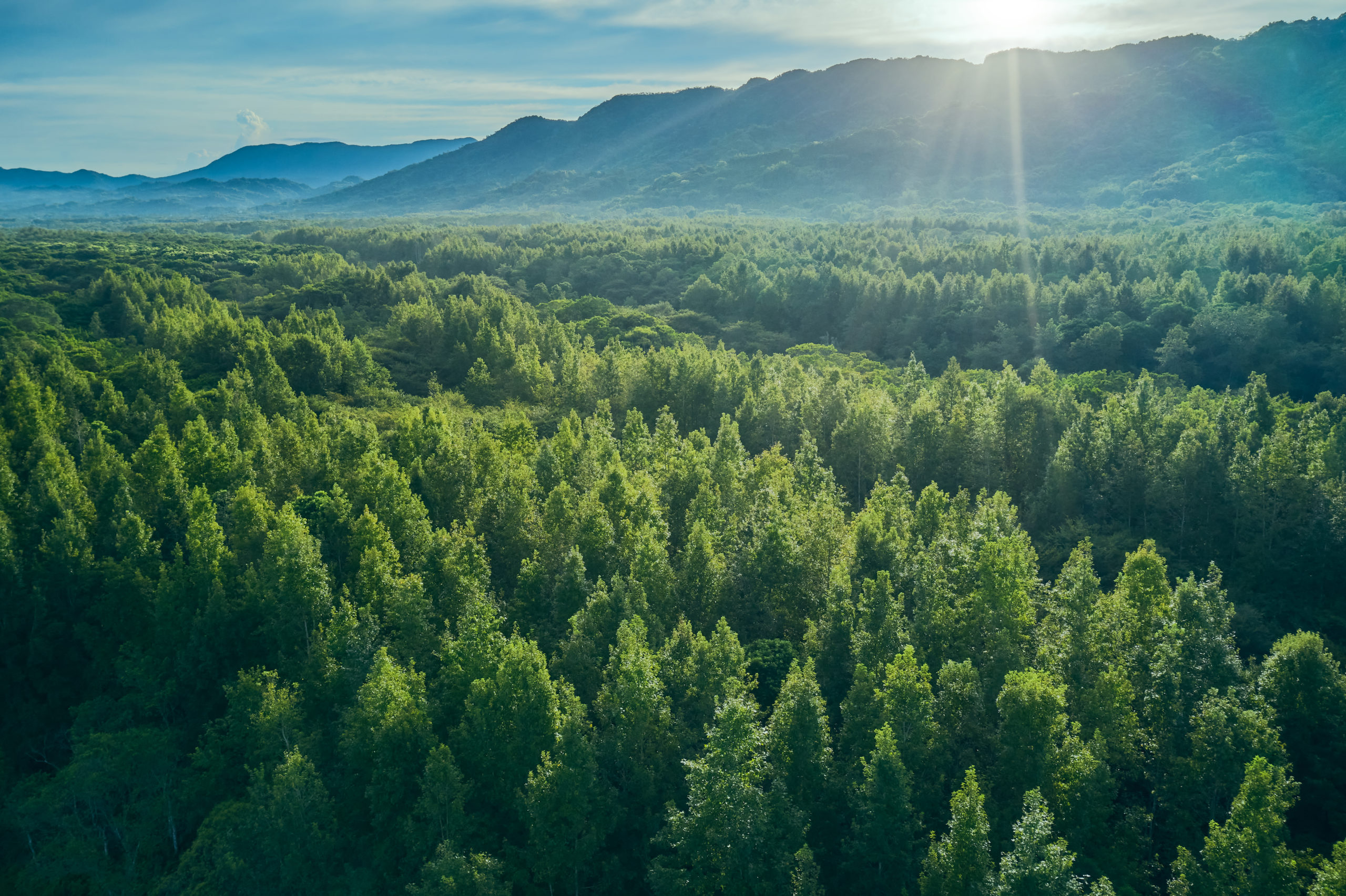Forests are the Green Giants of the natural world. These incredible ecosystems cover about one-third of the Earth’s land area and are home to more than half of the world’s plant and animal species. They provide essential resources and benefits to humans, including clean air, water, and food. In this article, we will explore 10 fascinating facts about forests.
Forests Are Vital for Climate Change Mitigation
Forests play a crucial role in mitigating climate change. They absorb carbon dioxide from the atmosphere through photosynthesis, which helps to reduce the amount of greenhouse gases in the air.
 Trees store carbon in their trunks, branches, and leaves, and in the soil. Deforestation and forest degradation are major contributors to climate change because they release large amounts of carbon into the atmosphere.
Trees store carbon in their trunks, branches, and leaves, and in the soil. Deforestation and forest degradation are major contributors to climate change because they release large amounts of carbon into the atmosphere.
Forests Are Home to Indigenous Communities
Forests are not just a collection of trees, they are also home to millions of people, including indigenous communities. These communities have lived in harmony with the forest for centuries and rely on its resources for their survival. They have developed sustainable practices for using forest resources without damaging the ecosystem.
 Forests Provide Essential Resources
Forests Provide Essential Resources
Forests provide essential resources that support human life, including food, water, medicine, and wood for construction and fuel. Many of these resources are derived from the diverse array of plant and animal species that live in forests. For example, the bark of the Pacific yew tree contains a compound used to treat cancer.
Forests Support Biodiversity
Forests are home to more than half of the world’s plant and animal species. They provide habitat for a vast array of wildlife, including rare and endangered species. Forests also support a complex web of interactions between species, including pollination, seed dispersal, and nutrient cycling.
 Forests Help to Prevent Soil Erosion
Forests Help to Prevent Soil Erosion
Trees play a crucial role in preventing soil erosion. Their roots hold the soil in place, preventing it from being washed away by rain or wind. Without forests, soil erosion would increase, leading to a loss of soil fertility and increased sedimentation in rivers and streams.
Forests Provide Recreational Opportunities
Forests provide a wide range of recreational opportunities, including hiking, camping, and wildlife watching. These activities not only benefit individuals but also support local economies through tourism.
Forests Support Watershed Health
Forests play a crucial role in maintaining the health of watersheds. They regulate the flow of water and filter pollutants before they reach streams, rivers, and lakes. Forests also help to maintain the quality of drinking water by protecting the source of the water supply.
 Forests Are Under Threat
Forests Are Under Threat
Forests around the world are under threat from deforestation, forest degradation, and climate change. Deforestation is a major contributor to climate change and leads to the loss of biodiversity, soil erosion, and increased greenhouse gas emissions.
Forests Can Be Restored
Despite the many threats to forests, they can be restored through conservation and reforestation efforts. These efforts include planting trees, restoring degraded forests, and protecting forests from further degradation.
Forests Are Essential for Sustainable Development
Forests are essential for sustainable development, providing a range of resources and benefits that support human well-being. Sustainable forest management can provide long-term benefits while preserving the integrity of the ecosystem.
 In conclusion, forests are one of the most valuable ecosystems on the planet, providing essential resources and benefits to humans and supporting biodiversity and ecosystem health. However, they are under threat from a range of factors, including deforestation, forest degradation, and climate change. It is essential that we take action to protect and restore forests for the benefit of current and future generations.
In conclusion, forests are one of the most valuable ecosystems on the planet, providing essential resources and benefits to humans and supporting biodiversity and ecosystem health. However, they are under threat from a range of factors, including deforestation, forest degradation, and climate change. It is essential that we take action to protect and restore forests for the benefit of current and future generations.
Install MyStart Theme for Google Chrome










